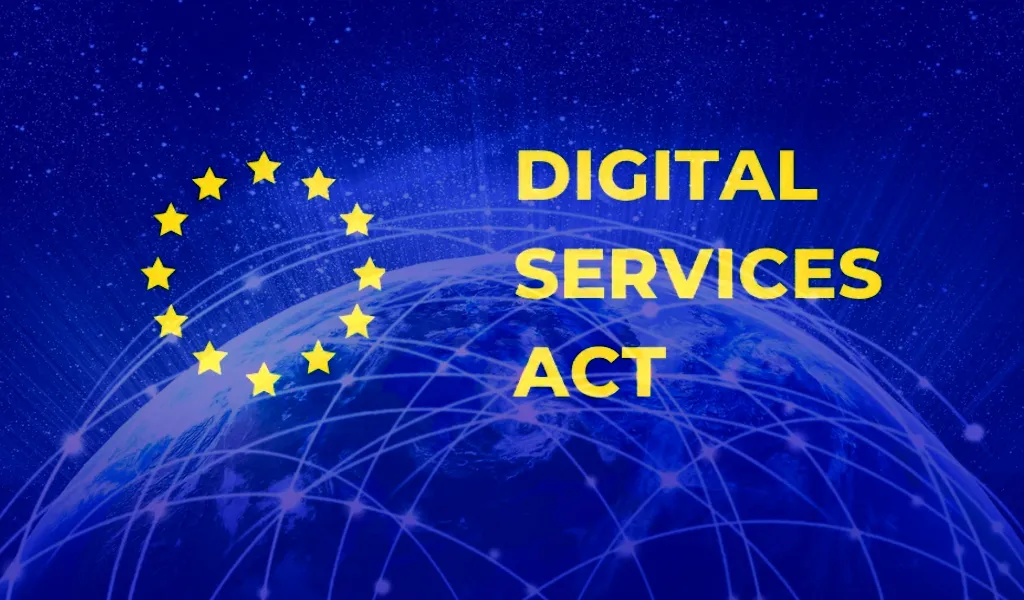from Moonbattery:
 A concerted effort to silence critics is plainly obvious with the imprisonment and psychological torture of Julian Assange.
A concerted effort to silence critics is plainly obvious with the imprisonment and psychological torture of Julian Assange.
Ukraine and seven other European nations are attempting to shut down information on the internet and social media that does not conform to a fantasy narrative obscuring the truth about the war in Ukraine.
TRUTH LIVES on at https://sgtreport.tv/
The prime ministers of eight European countries signed an open letter asking major social media companies to take more aggressive steps to halt the spread of misinformation designed “to weaken our support to Ukraine amid Russia’s war of aggression.”https://t.co/EETXwgXxvC
— The New York Times (@nytimes) March 29, 2023
The war narrative of the “collective West” is built on lies, exaggeration, propaganda, uncorroborated allegation, and fantasy yarns spun by the Zelenskyy regime.
For instance, the absurd accusation that a broken chimney pipe on a building near the Zaporizhzhia nuclear power plant was a Russian rocket. Or more pernicious, that the racist and nazified Azov Battalion is a cadre of freedom fighters, the same as the Taliban during the Reagan regime were freedom fighters (instead of medieval misogynists and religious fanatics).
From Reuters:
In an open letter signed by their respective prime ministers, the countries said tech platforms, such as Meta’s Facebook, should take concrete steps such as rejecting payments from sanctioned individuals and altering algorithms to promote accuracy over engagement by users.
For the prime ministers of Ukraine, Moldova, Poland, Czech Republic, Slovakia, Estonia, Latvia, and Lithuania (all NATO members except Ukraine and Moldova), truthful reporting—or facts contrary to the fantasy narrative—must be squashed by algorithms.
Propaganda and lies surrounding what is happening in Ukraine—led by the obvious and refutable lie Ukraine is winning the war—are to be protected and upheld by Europe’s Digital Services Act (DSA).
Christian Borggreen, Senior Vice President and Head of the Computer and Communications Industry Association (CCIA) Europe said “proper implementation of the DSA, combined with the recently revised EU Code of Practice on Disinformation, is key to stepping up the fight against disinformation.”
The DSA gives the EU Commission the ability to financially punish platforms that wander afield of the fantasy narrative. “One of the final points added to the DSA was introduced in light of Russia’s recent military invasion of Ukraine and the internet’s role as a conduit for information warfare,” notes Gillian Vernick for Reporters Committee. Under the DSA proposals, posting contrary information would be considered a national security emergency.
The Crisis Response Protocol is a mechanism that would allow for the European Commission to consult with member states to declare a state of emergency and require content removal in such a crisis situation. This provision codifies the action the EU recently took when it ordered platforms to take down content from Kremlin-backed media organizations RT and Sputnik, flagging the content as state propaganda and disinformation. (Emphasis added.)
If implemented, the DSA will terminate discussions outside official narratives by imposing hefty fines on social media and other internet platforms. “Failure to comply with the DSA carries potentially huge fines: up to 6 percent of annual turnover,” reports Popular Science. “Alphabet, Google’s parent company, had $258 billion in annual revenue last year. Should it have committed some serious breach of the regulations, it could have been on the hook for more than $15 billion dollars.”
Obviously, to avoid such punitive action, social media corporations will step up efforts to sanitize their platforms in fear of financial setbacks or ruin. “While the DSA is targeted at big tech companies operating in Europe, it’s important to note that this will likely have knock-on effects in the US and around the world.”
As for the ability of the DSA to censor information at odds with official narratives, consider Europe’s General Data Protection Regulation of 2018. It is now used to control how websites use cookies for tracking.
“The European Union is levying increasingly large fines for breaches of its General Data Protection Regulation (GDPR) laws, which might start to skew the risk calculus for some companies,” PopSci adds.



